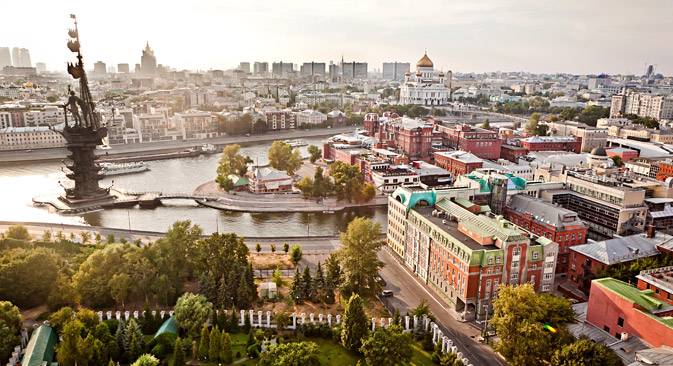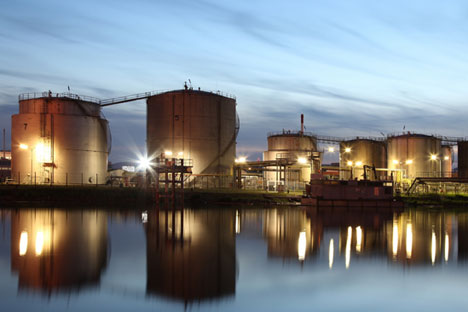Russia sees dramatic surge in latest Doing Business ranking

Moscow city aerial panorama
Shutterstock/Legion MediaIn spite of Western sanctions and a decline in GDP, Russia has climbed 11 positions to 51st place in the World Bank's latest Doing Business rankings, an annual study devoted to analysing regulations and laws that directly affect businesses.
According to the bank's experts, the country carried out a minor revolution by making obtaining an electricity connection simpler – in this category of the ranking Russia shot up by a staggering 114 positions.
Over the past year, Russia has managed to implement several economic reforms that have contributed to the significant advancement of the country's ranking, the World Bank said in a supporting explanation for the rankings. In particular, it highlighted the ease of registering property (8th place in the world) and enforcing contracts (5th place in the world).
The Doing Business global rankings have become a kind of KPI for the Russian government with regard to their importance for attracting investments.
"The rankings are a guide for foreign investors," one of the study's authors, Valentina Saltane, said in an interview with the Russian business newspaper Vedomosti.
In May 2012, President Vladimir Putin set the goal of increasing the country's place in the rankings to 50th in 2015 and 20th in 2018. Therefore, according to the latest ranking, the government almost managed to meet its target.
How important are changes in methodology?
In 2015, new indicators were added to five out of five indicator sets, and Russia scored highly on four of them. For example, a new index based on the reliability of electricity supply and transparency of tariffs was introduced.
"We measure the frequency of power outages, the duration of possible outages, and how the monitoring systems work,” said Saltane, commenting on the early changes to the calculation.
According to these indicators, Russia received the maximum eight points. As a result, by increasing the pace of work on simplifying the grid connection procedure, Russia made a record leap of 114 positions.
For similar reasons, Russia rose by 37 positions in the index based on the ease of obtaining building permits. The number of procedures has not declined substantially, but a new index – an index of the quality of building regulation and its implementation – was introduced, on which Russia scored 14 out of 15 points.
Changes in methodology occur each year so that the rankings can more fully reflect the processes taking place in the countries, a press officer for the World Bank's Moscow office told RBTH.
For example, in 2014, for 11 countries with a population of over 100 million people, the data of the second city was included in the calculation of the ranking, and St. Petersburg was added – in previous years calculations were carried out only based on the largest city.
However, according to Andrei Nikitin, CEO of the Strategic Initiatives Agency, the improvement of Russia's position in the rankings cannot be explained only by a change in methodology.
"If rank depended only on the calculation methodology, the changes would be the same at all points," he told RBTH.
Areas for improvement
The weakest spot of the Russian economy, according to the study's authors, is international trade, including the clearance of goods for export; on this indicator, Russia fell from 155th to 170th place.
"Trading across borders is one area where Russia should continue focusing its efforts," Sylvie Bossoutrot, Program Leader, World Bank in Russia, wrote in her commentary on the rankings.
"However, this will require joint efforts on the part of all stakeholders involved in the process, not only the Federal Customs Service, which has in fact been actively modernizing."
As Valentina Saltane previously explained to Vedomosti, the methodology of calculating this particular index has changed significantly; not only transportation of goods by sea is now taken into account, but also rail and air transportation.
In particular, the rankings evaluate for the first time the quality of customs clearance procedures – how the electronic systems are used, how long the load is on the border, and how much paperwork costs.
More inspiring stories in your box!
All rights reserved by Rossiyskaya Gazeta.
Subscribe
to our newsletter!
Get the week's best stories straight to your inbox
